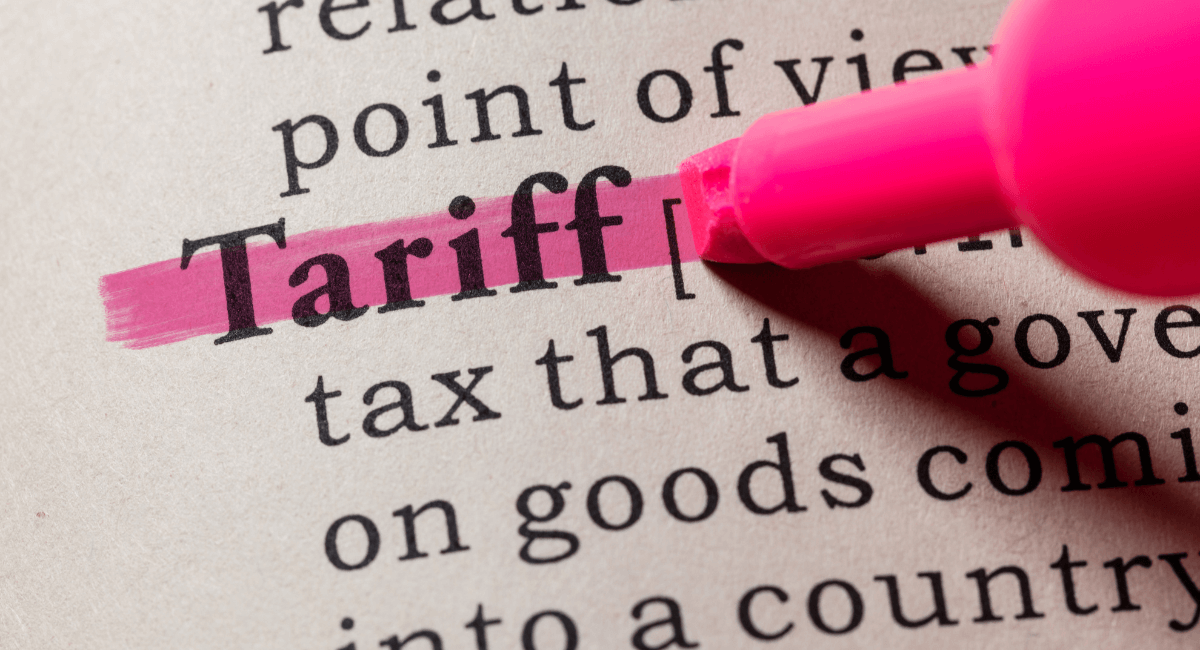Have You Thought About Income Equalisation?
Farming income can be unpredictable - but your tax bill doesn’t have to be. Income equalisation helps even things out over time.
If you run a farming business, you know all too well how income can fluctuate dramatically throughout the year. Seasonal peaks, unpredictable weather, and other unforeseen events can make managing both cash flow and tax obligations a real challenge.
One tool that many farmers, fishers, growers, and foresters may find useful is the income equalisation scheme - a government-backed initiative designed to help smooth out income variations over multiple years, easing tax pressure and improving financial stability.
What Is Income Equalisation?
Income equalisation allows you to spread your taxable income over two or more years by setting aside some of your current year’s income in a reserve. You then use that reserve to reduce your taxable income in a year when your earnings are lower.
This can be a game-changer when you have a bumper year, allowing you to save some of that income and reduce your tax bill in a leaner year - helping to keep your finances steadier over time.
How Does It Work?
The scheme works through a reserve account that you set up with Inland Revenue via myIR. You can:
- Register for income equalisation in real-time
- Set up an environmental restoration reserve, if applicable
- Deposit income into your reserve during high-earning years
- Withdraw from the reserve to offset income in lower-earning years
All transactions are tracked online under your myIR account, making it straightforward to manage.
Who Can Benefit?
Farmers and rural businesses with variable incomes - especially those affected by seasonality, weather events, or market volatility - may find this scheme particularly helpful. It’s also available to fishers, growers, and foresters.
For example, if you had a strong dairy payout this season, income equalisation can help you put some of those earnings aside to smooth tax obligations in a year with less favourable returns.
What Should You Consider?
While income equalisation can be highly beneficial, it’s important to assess whether it suits your specific situation. Factors such as your cash flow needs, expected income fluctuations, and tax position all play a role.
Need Help?
Unsure if income equalisation is right for your business? Our team can help you navigate the scheme, assess its benefits, and assist with registration and ongoing management.



